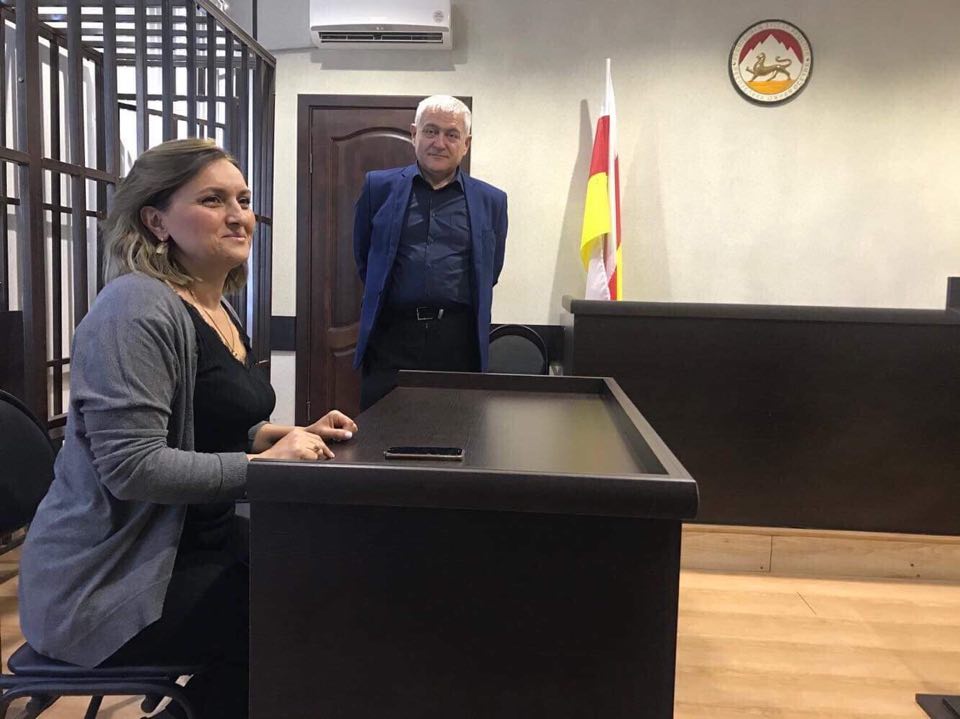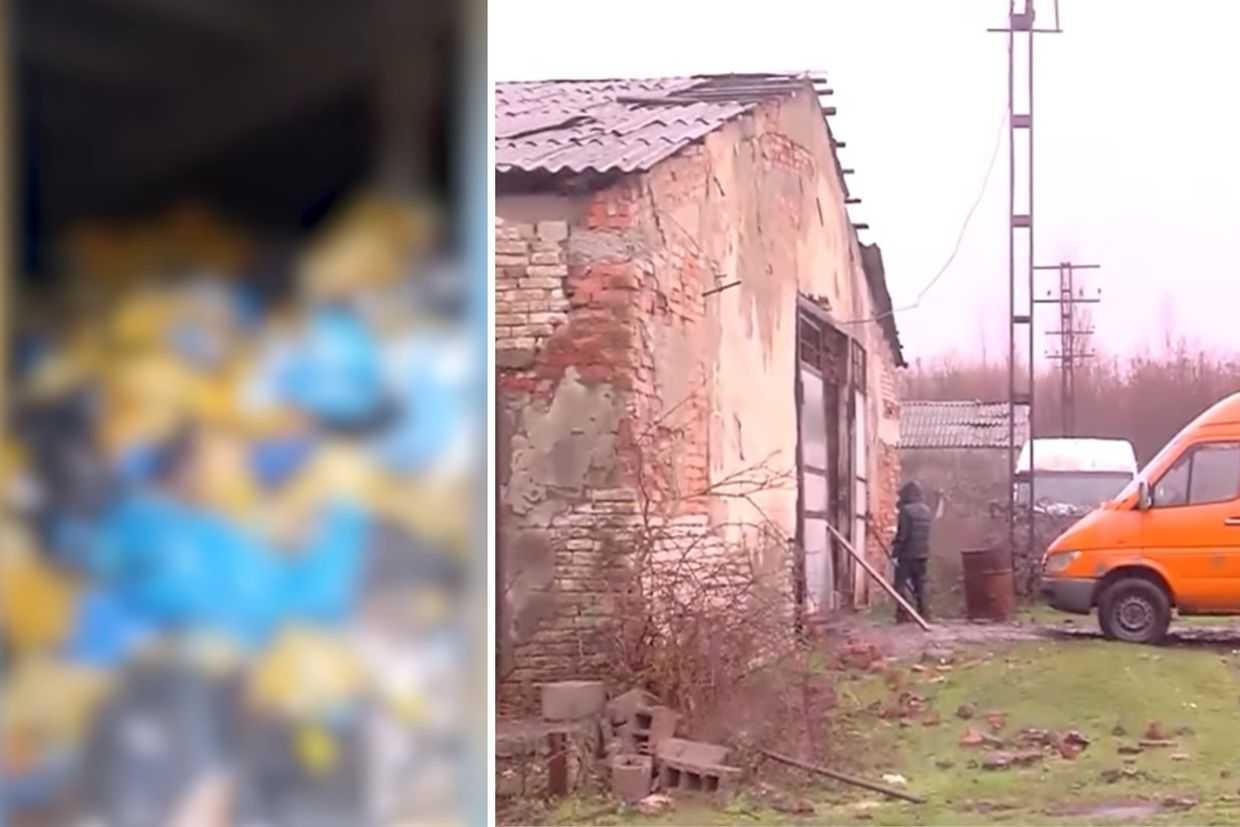
Journalist and activist Tamara Mearakishvili has reported that she has been without electricity at home since last Wednesday in what she says is an act of retribution from the South Ossetian authorities.
According to Mearakishvili, who is ethnic-Georgian, local power distribution company Energoresurs cut her power off on 16 September over a liability she says was written off three years ago.
Shortly before, South Ossetian prosecutor Alan Kulumbegov accused her of avoiding a ₽9,000 ($115) electricity fee from 2017 with the help of the Georgian State Security Service (SSG).
In recent exchanges on Facebook with apparently South Ossetian users, one also speculated that Mearakishvili could be ‘killed by Georgians to be blamed on Ossetians’, something she perceived as a veiled threat.
Before the blackout, Mearakishvili complained to the Prosecutor General’s office over ‘repeated blackmail attempts’ by Kulumbegov.
On 25 September, they notified her that they had found no wrongdoing, but that they had ‘preventively’ warned the Akhalgori prosecutor against verbal attacks.
However, Mearakishvili told OC Media that the warning itself was ‘some kind of reaction to Kulumbegov’s conduct’, who according to her, even removed several offensive comments he had earlier left on Facebook.
On Friday, Timur Tskhurbati, a prominent South Ossetian activist, visited Mearakishvili and expressed his support for her.
Mearakishvili has been a vocal critic over what she says is a lack of democracy and corruption by the South Ossetian government.
She has also been a frequent critic of the Georgian government, rebuking them for their failed commitments to help residents of Akhalgori (Leningor), a predominantly Georgian populated area of South Ossetia.
On Thursday, Georgian representatives claimed they raised the issue of Mearakishvili’s security and her situation at the Incident Prevention and Response Mechanism (IPRM) meeting held earlier that day.
The IPRM meetings between Georgian and South Ossetian authorities and Russia in Ergneti are co-facilitated by the OSCE and the EUMM.
Long-lasting pressure
Mearakishvili was among those offering a cold welcome to South Ossetian President Anatoly Bibilov during his visit to the area in December. During the visit, Bibilov tried to justify his decision to restrict their movement to Georgian-controlled territory with preventing the spread of COVID-19.
On top of long-lasting restrictions on the movement of Akhalgori residents, in recent years, Mearakishvili has been entirely barred from leaving the region due to her legal battles with the South Ossetian authorities.
In the summer of 2017, prosecutors charged her with defaming members of the ruling United Ossetia party, leading to her brief arrest and her house being searched.
A year later, the authorities indicted her for having both South Ossetian and Georgian passports, which they had retrieved from her home.

In July 2019, the Leningor District Court dismissed all charges. However, earlier this year, the South Ossetian Supreme Court overturned the decision to dismiss the charges of forging documents, sending it back to court.
[Read more on OC Media: Voice | Tamara Mearakishvili: ‘If I’m found guilty, I will not run away’]
Marakishvili and Irina Kelekhsayeva, another South Ossetian journalist, were among the most prominent cases of journalists facing criminal charges in South Ossetia in recent years.
This year, South Ossetia placed among the lowest ranking countries and territories in a report by international rights group Freedom House measuring political rights and civil liberties.
For ease of reading, we choose not to use qualifiers such as ‘de facto’, ‘unrecognised’, or ‘partially recognised’ when discussing institutions or political positions within Abkhazia, Nagorno-Karabakh, and South Ossetia. This does not imply a position on their status.









